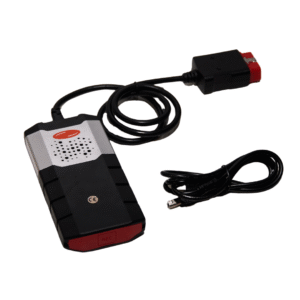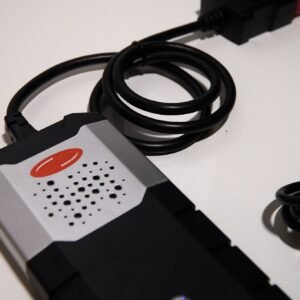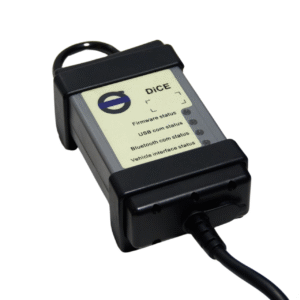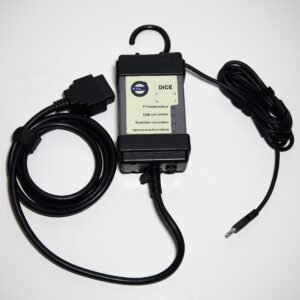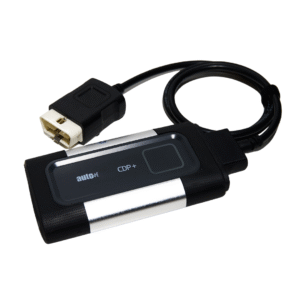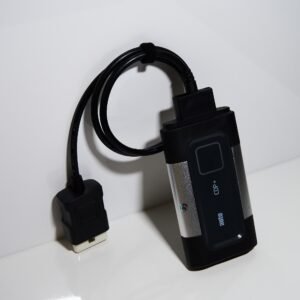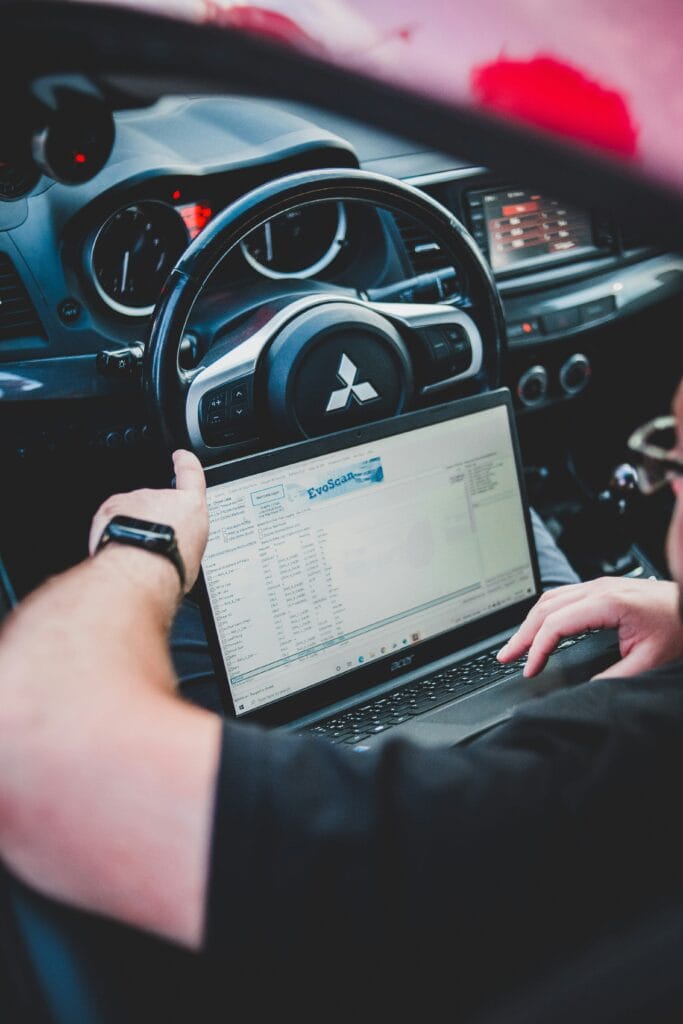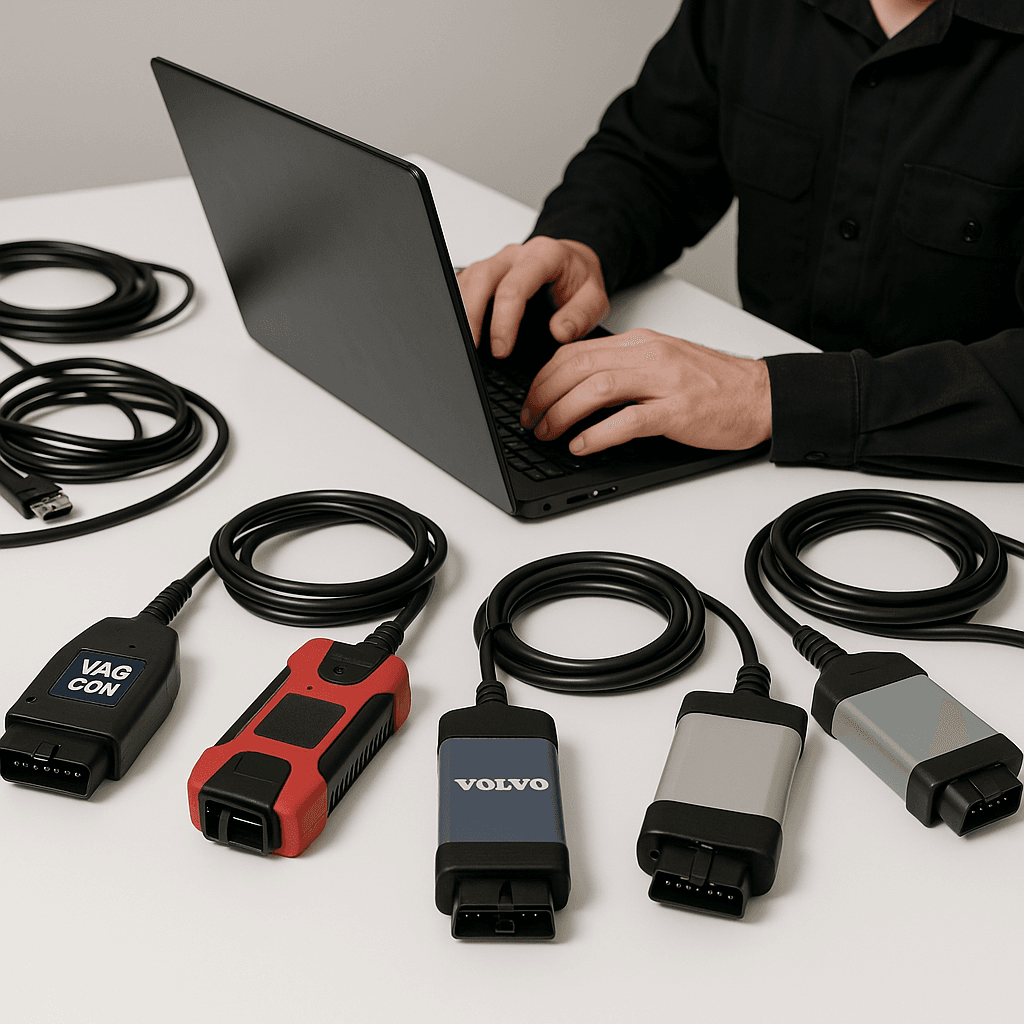Introduction: Can a Car Diagnostic Tool Really Save You Money?
If you’ve ever faced a mysterious dashboard warning light or an unexpected repair bill, you’ve probably wondered: Can I diagnose this myself? In 2025, car diagnostic tools are more advanced, affordable, and user-friendly than ever. Whether you’re a DIY enthusiast or just want to avoid unnecessary trips to the mechanic, these devices can help you identify issues, prevent costly repairs, and even boost your car’s resale value.
In this guide, you’ll learn:
- How car diagnostic tools work
- Real-world examples of money saved
- Which tools are best for different needs
- Tips for getting the most value from your investment
What Is a Car Diagnostic Tool?
A car diagnostic tool, often called an OBD2 scanner or automotive scan tool, plugs into your vehicle’s onboard diagnostics port. It reads error codes, monitors live data, and helps you pinpoint problems—before they become expensive.
Primary Keyword: car diagnostic tool
Secondary Keywords: OBD2 scanner, automotive scan tool, save money on car repairs, DIY car diagnostics
LSI Terms: check engine light, vehicle maintenance, car trouble codes, repair costs, home mechanic
How Car Diagnostic Tools Save You Money
1. Avoid Unnecessary Mechanic Visits
Many warning lights are triggered by minor issues—like a loose gas cap or a sensor glitch. With a diagnostic tool, you can check the code at home and decide if it’s urgent or something you can fix yourself.
Example:
A SpeedXperts customer noticed a check engine light. Using a 50€ OBD2 scanner, they discovered it was just an EVAP system code (often a loose gas cap). Tightening the cap cleared the code—saving a 100€ diagnostic fee at the shop.
2. Diagnose Problems Early
Catching issues early prevents them from turning into major repairs. For instance, a misfiring cylinder detected by your scan tool could mean a simple spark plug replacement, not a full engine rebuild.
Example:
A DIYer used their scan tool to spot a misfire code (P0301). Replacing a 10€ spark plug fixed the issue, avoiding a 500€+ repair if left unchecked.
3. Perform Your Own Maintenance Resets
Modern diagnostic tools can reset oil change lights, service reminders, and even perform battery registration. This means you can do your own maintenance and keep your car’s systems up to date.
Example:
After changing their own oil, a car owner used their scan tool to reset the oil service light—saving a €40 trip to the dealer.
4. Shop Smarter for Used Cars
Before buying a used car, plug in your scan tool to check for hidden trouble codes or pending issues. This can help you negotiate a better price or avoid a lemon.
Example:
A buyer found a hidden transmission code during a pre-purchase scan, saving them from a costly mistake.
Top Ways to Use a Car Diagnostic Tool for Savings
- Read and clear trouble codes before visiting a mechanic.
- Monitor live data (like engine temperature or O2 sensor readings) to spot issues early.
- Reset service lights after DIY maintenance.
- Check vehicle health before long trips or after repairs.
- Evaluate used cars for hidden problems.
Budget-Friendly Options: Are Diagnostic Tool Clones Worth It?
For those on a tight budget, diagnostic tool clones (such as Delphi, Autocom, VCDS, VIDA, etc.) offer an entry point into DIY diagnostics. These tools, often priced around €100, can perform basic functions like reading and clearing codes.
Important Note: These are not original, licensed products. They are clones, and their performance and reliability can vary.
Pros of Diagnostic Tool Clones:
- Affordability: Significantly cheaper than original tools.
- Basic Functionality: Can read and clear codes, view some live data.
- Entry-Level Option: Good for beginners who want to experiment with diagnostics.
Cons of Diagnostic Tool Clones:
- Reliability Issues: May not work on all vehicles or provide accurate data.
- Software Updates: Often lack official updates, making them outdated quickly.
- Legal Concerns: Purchasing and using clones may violate copyright laws.
- Limited Support: Typically no customer support or warranty.
When to Consider a Clone:
- You’re on a very tight budget.
- You only need basic diagnostic functions.
- You understand the risks and limitations.
Recommendation:
If you’re considering a clone, purchase from a reputable source like SpeedXperts. We offer tested clones with basic support to ensure you get a working product. However, for professional use or critical diagnostics, we recommend investing in a licensed tool for reliability and accuracy.
FAQs: Car Diagnostic Tools and Saving Money
Q: Can I really fix my car with just a diagnostic tool?
A: While a scan tool helps you identify the problem, some repairs require tools or expertise. However, you’ll know what to expect and can avoid unnecessary upsells.
Q: Are cheap OBD2 scanners worth it?
A: For basic code reading and clearing, yes. For advanced features (like ABS/SRS or live data), invest in a mid-range or pro model.
Q: Will using a scan tool void my warranty?
A: No—reading codes or resetting lights does not affect your warranty. Always follow your manufacturer’s guidelines for repairs.
Q: How do I know which tool is right for me?
A: Consider your car’s make/model, your DIY skill level, and which features you need (e.g., Bluetooth, service resets, bi-directional controls).
Real-World Data: How Much Can You Save?
- Average diagnostic fee at a shop: 80€–150€ per visit
- Average cost of a basic OBD2 scanner: 30€–100€
- Potential savings in one year: 200€–1,000€+ (depending on repairs and maintenance)
Fact: According to Road & Track, most OBD2 scanners pay for themselves after just one or two uses.
Internal Links
- Clones of Dealer Diagnostic Tools – VCDS, DICE, ISTA
- Ultimate Guide to Install Delphi Software 2021
- How to Choose the Right OBD2 Scanner for Your Vehicle
External Links
Ready to start saving on car repairs?
Shop the best car diagnostic tools at SpeedXperts now!
Or contact us for a personalized recommendation.


